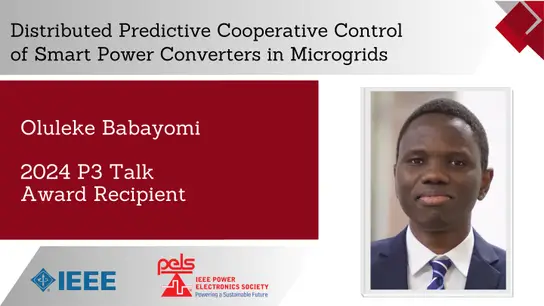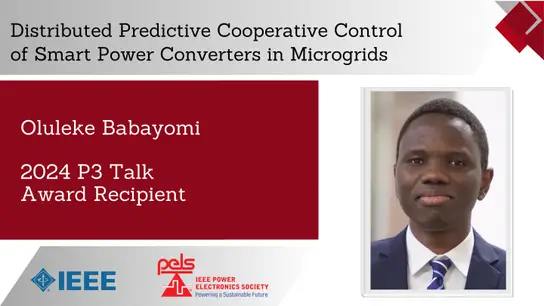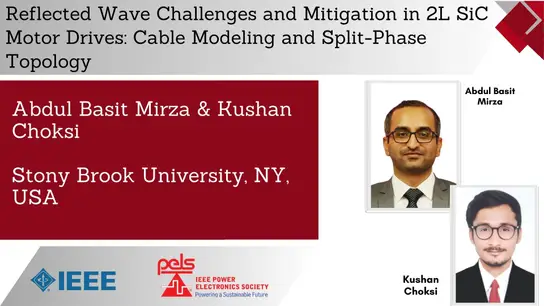The Virtuous Circle of 5G - IoT and Energy Harvesting-Video
Brian Zahnstecher & Mike Hayes
-
Members: FreePELS
IEEE Members: $11.00
Non-members: $15.00Length: 01:20:42
01 Dec 2021
Abstract: 5G, IoT and Energy Harvesting are converging in a perfect storm providing unprecedented opportunities to enhance power management and optimize energy efficiency (mostly in the lower-power, IoT space, but also at network level in things like base stations). IoT and sensor network thingies are projected to scale into the 100s of billions (eclipsing a trillion according to some sources) devices this decade, which makes for a direct linkage between all the tiny, powered devices at the network’s edge and the utility grid that powers the network…a linkage spanning 18+ orders of magnitude! These tiny loads cumulatively may put excessive stress on a network that may neither be sized and scaled to handle the energy disparities between edge and core nor architected to facilitate the bidirectional communication required to efficiently optimize such disparities into harmonious balance. Energy harvesting can mitigate these major service continuity (data and/or energy) disruptions by autonomously supplementing power budgets at the point of consumption, which is absolutely fundamental to a system optimized for energy efficiency. Mitigation of primary (non-rechargeable) battery replacement is another key motivator for application pragmatics, commercial viability and hazardous waste/sustainable containment.
This webinar shall explore the energy relationships between IoT devices, their power sources, and how they interact with the communication and energy networks that link them. We shall present an assortment of industry gaps/challenges, outline some terminology/metrics/framework for assessment, best practices for identifying issues to converge on optimal deployments, and share a wealth of industrial and academic resources to enable attendees to very quickly go from philosophical design techniques to prototyping/optimizing a real design. Moreover, attendees should gain an enhanced understanding of how electrical sources and loads impact each other be it the package, board, system, grid, or global domains.
This webinar shall explore the energy relationships between IoT devices, their power sources, and how they interact with the communication and energy networks that link them. We shall present an assortment of industry gaps/challenges, outline some terminology/metrics/framework for assessment, best practices for identifying issues to converge on optimal deployments, and share a wealth of industrial and academic resources to enable attendees to very quickly go from philosophical design techniques to prototyping/optimizing a real design. Moreover, attendees should gain an enhanced understanding of how electrical sources and loads impact each other be it the package, board, system, grid, or global domains.
Primary Committee:
PELS


